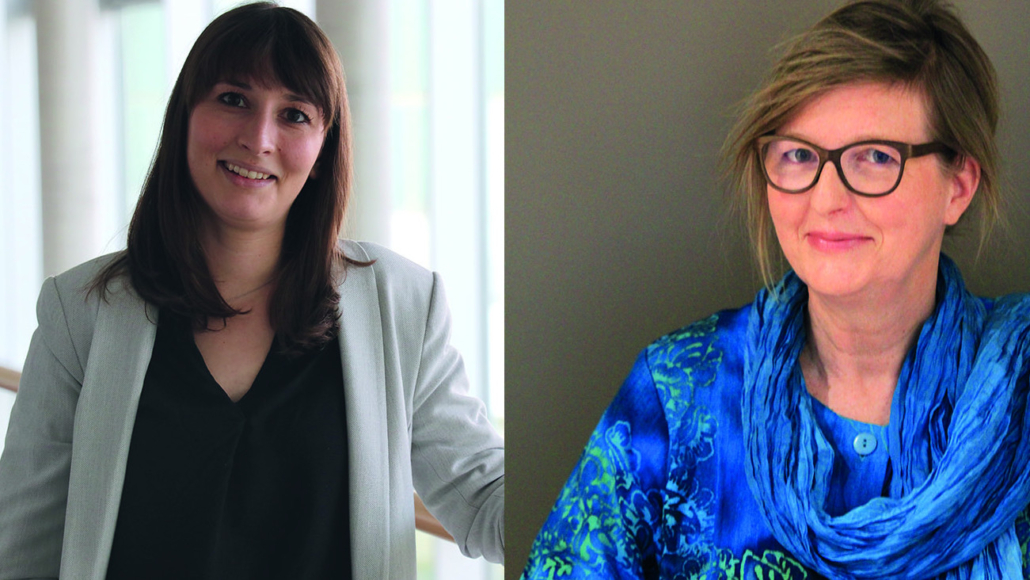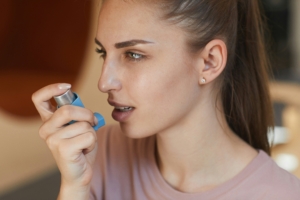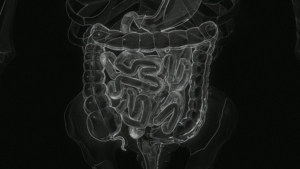
Biopharma partnerships a key to success
Innovators at Rentschler Biopharma are continuously developing new processes for biopharmaceutical production to tackle life-threatening diseases. Two of them, Dr Birgit Ehrenberg, Process Manager, and Monika Häußler, Quality Control (QC) Manager, shared insights into their latest projects and how close collaboration with chromatography experts from Tosoh Bioscience helped them develop robust, scalable, and economically viable downstream processes, as well as corresponding reliable bioanalytical methods.
In her latest work, Birgit focused on the polishing of antibody-based molecules using ion-exchange chromatography in Rentschler Biopharma’s purification platform. The two pivotal reasons for her to implement the innovative salt-tolerant resins from Tosoh Bioscience, TOYOPEARL® Sulfate-650F and TOYOPEARL NH2-750F, were their unique performance and the professional support she received during method development.
Birgit Ehrenberg: TOYOPEARL Sulfate-650F demonstrated superior polishing capabilities during the process development for a new antibody fragment design. These properties were not provided by other conventional cation exchange resins that were tested in parallel. The resin demonstrated sufficient protein binding capacity at elevated ion strength while removing aggregates in bind-elute mode, accomplishing 98% or higher monomer content as determined by HPLC.
Additionally, the different and unique selectivity of TOYOPEARL NH2-750F anion exchanger was evaluated during the polishing step in the purification process of yet another designer molecule. Not only did it demonstrate sufficient high protein binding capacity at elevated ion strength, but it was also successful in removing aggregates in bind-elute mode at a pH close to its isoelectric point. We did face some challenges during process evaluation. For example, we quickly realized that buffer fine-tuning would be necessary to optimize aggregate removal. To this end, we optimized conditions to develop a robust process step. Tosoh’s customer support and the Application Note publication provided relevant information which aided our decision-making. When it came to implementation, we also appreciated the detailed Regulatory Support Files (RSF) in case of product contact in addition to the Certificate of Analysis. This is important for the extraction of the data supporting pharmaceutical toxicology evaluation or sanitization options. To summarize, the Tosoh Bioscience product quality, customer service, and fast supply chain ensured a very productive collaboration. Additionally, support was extended immediately by a very knowledgeable technical team. I would like to take this opportunity to thank Tosoh for its professional expertise.
Reliability and reactivity
Other projects at Rentschler Biopharma focus on antibody fragments, one of the most promising new antibody classes for therapeutic applications. After the Downstream Processing (DSP) team developed a purification platform based on TOYOPERL AF-rProtein L-650F, Monika’s team assessed the Protein L leaching in the product pool after capturing. Due to the low level of leaching using the stable Protein L resin from Tosoh Bioscience, Monika needed to ensure that the ELISA method was accurate, robust, and sensitive.
Monika Häußler: Reliability is a key factor while making the decision to implement a new method in our toolbox. Other factors such as the guaranteed delivery of reagents and materials of consistently high quality over a long time are essential. Tosoh Bioscience made three of their Protein L-T36 Kits available to us for testing, free-of-charge, allowing us to evaluate the reproducibility of the method. We aimed to build on our existing know-how and experience during testing to give feedback for potential improvements for the kits. Tosoh accepted our suggestions and implemented them promptly. We were also offered an advantage from the logistics perspective as the delivery time of the kits was shortened by stocking up on some kits in Europe, thereby circumventing shipment from Japan. Finally, the collaboration with Tosoh was very pleasant and professional. We were always supported in a friendly, open-minded, interactive, supportive, and prompt manner.
Changes and expectations
During our interview, Birgit and Monika shared their thoughts about the future of the biopharmaceutical industry and, more specifically, downstream processing and biomolecule analytics.
Monika Häußler: The biopharmaceutical industry has always been very innovative and will undoubtedly come up with many new targets and products in the near future. An excellent example of this is messenger RNA (mRNA)-based biopharmaceuticals that are relatively new to the market. Working with new molecules and formats means having to improvise and innovate continuously. The analytical industry must be equally innovative to foster and support the growth of these new modalities. This will be vital in ensuring high product quality and patient safety. In general, higher throughput with optimum efficiency could be facilitated by the increased incorporation of automation through the usage of minimum material and closer linkage between the analytics and purification steps.
Birgit Ehrenberg: Complex biomolecules demand increasing flexibility of all parties involved. A continued modular and versatile capacity management along the supply chain will be extremely significant in the years to come. Besides, a supportive IT landscape for just-in-time-delivery and growing databases for rapid communication will be key to translating scientific research into outstanding biopharmaceuticals. As biopharmaceutical formats grow more complex, it is crucial that downstream processing and biomolecule analytics keep pace to ensure the highest quality. This is of utmost importance to our work here at Rentschler Biopharma.
Contact
Patrick Endres, Junior Manager Application Development at Tosoh Bioscience GmbH
patrick.endres@tosoh.com
Dr. Romain Dabre, Senior Product Manager at Tosoh Bioscience GmbH
romain.dabre@tosoh.com
Rentschler Biopharma: communications@rentschler-biopharma.com
Dr Birgit Ehrenberg is a process manager in the MSAT (Manufacturing Science & Technology) team. She oversees DSP processes and chaperones client Active Pharmaceutical Ingredients (APIs) throughout the complete product life cycle. Together with her team, she always aims to develop robust, scalable, and economically viable downstream processes to maximize product potential. This includes the design and documentation of process qualification and validation at manufacturing scale within demanding clinical and commercial timelines. Additionally, she is responsible for establishing control strategies and continued process verification to ensure the highest quality in biopharmaceutical production.
Monika Häußler is a QC Manager in the quality control development department. With her team, she is responsible for the International Council for Harmonization (ICH)-conform establishment, qualification, and validation of bioanalytical methods that will later be used to release cGMP (Good Manufacturing Practice) batches. Rentschler Biopharma’s bioanalytical laboratory regularly applies ELISA-based methods, such as potency determination of the API or quantification of process-related impurities like Host Cell Protein (HCP) or Protein L. Monika also conducts quantitative polymerase chain reaction (qPCR), cell-based assays and analytical techniques for new API formats such as mRNA-based vaccines.
She applies a quality by design approach a scientific, risk-based approach, focusing on integrating high-quality into a product right from the beginning. Furthermore, she is constantly implementing new state-of-the-art methods and products into Rentschler Biopharma’s portfolio, such as the aforementioned mRNA-based vaccines.



 Unsplash+
Unsplash+